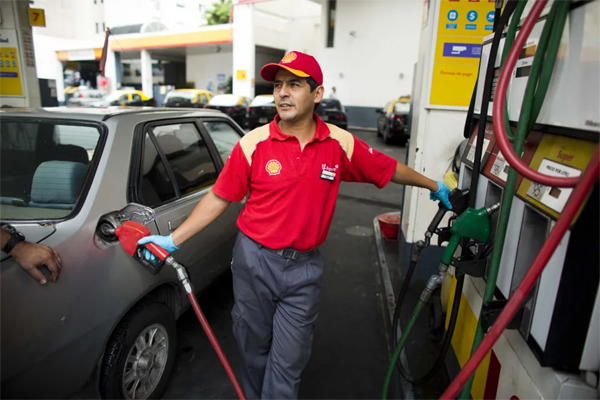
Charles Newbery , Platts
BUENOS AIRES
EnergiesNet.com 03 30 2022
Argentina’s service stations have started rationing diesel, as price controls and import restrictions are discouraging refiners from bringing in enough supplies even as demand rises for the crop harvest, a trade group said March 29.
“We are facing the first signs of shortages in key fuels such as diesel,” the Confederation of Hydrocarbon Entities, a group known as Cecha, which represents more than 4,500 service station owners around the country, said in a statement. “It is urgent that the government convene all the actors in the sector and seek solutions to guarantee its normal operation.”
Cecha, which said service stations are capping sales at 15 liters of diesel per customer a day, said a major problem is that pump prices are 30% less than what they would be without government controls, when comparing with import prices.
Argentina is on “the verge of a crisis” in diesel supplies, Cecha said.
While diesel production rose only 1.5% in January, year on year, according to the state statistics agency Indec, refiners have been ramping up imports to meet demand, in particular for the harvest. The bringing in of corn, soybeans and sunflower seeds, major export crops in Argentina, is getting underway.
This rise in demand through the harvest, which runs until the middle of the year, is raising concerns of shortages, even as refiners on the whole have stepped up imports twofold this year — and at three times the cost in US dollar terms, Teofilo Lacroze, CEO of Raizen Argentina, the second-largest refiner in Argentina, told S&P Global Platts March 22.
Indeed, diesel imports in dollar terms shot up more than 1,900% to $498 million in the first two months of this year compared with the year-earlier period, according to Indec.
Argentina’s refiners haven’t imported crude since 2018, as domestic production has increased enough to allow them to buy all their supplies locally. Instead, they import diesel to meet peaks in demand, and that demand is rising this year in part because of the harvest but also because the economy has been rebounding from a slump in 2020 during the first year of the coronavirus pandemic. The economy is poised to grow 3% this year, according to the International Monetary Fund.
This reliance on imported supplies for meeting peak demand, however, is hitting refiners, as they must import at international prices and sell locally at government-controlled prices that are 30% less, a disincentive for importing.
“We have been warning that this will happen for three months,” Cecha’s president, Gabriel Bronoroni, told Infobae newspaper. “The service stations are operating with a quota system.”
Bronoroni said that without more diesel supplies in the market, “the fuel to bring in the harvest is not guaranteed.”
Lacroze at Raizen said last week that a solution would be for oil producers to reduce crude exports so that refiners can buy more and increase their utilization rates, now at 10% to 15% below full capacity. He said that refiners were seeking to sit down with producers to find out how to make this possible.
Oil producers including one of Raizen’s shareholders, Shell, make more money on exports because they can sell at international prices some 30% more than the domestic price.
spglobal.com 03 29 2022












